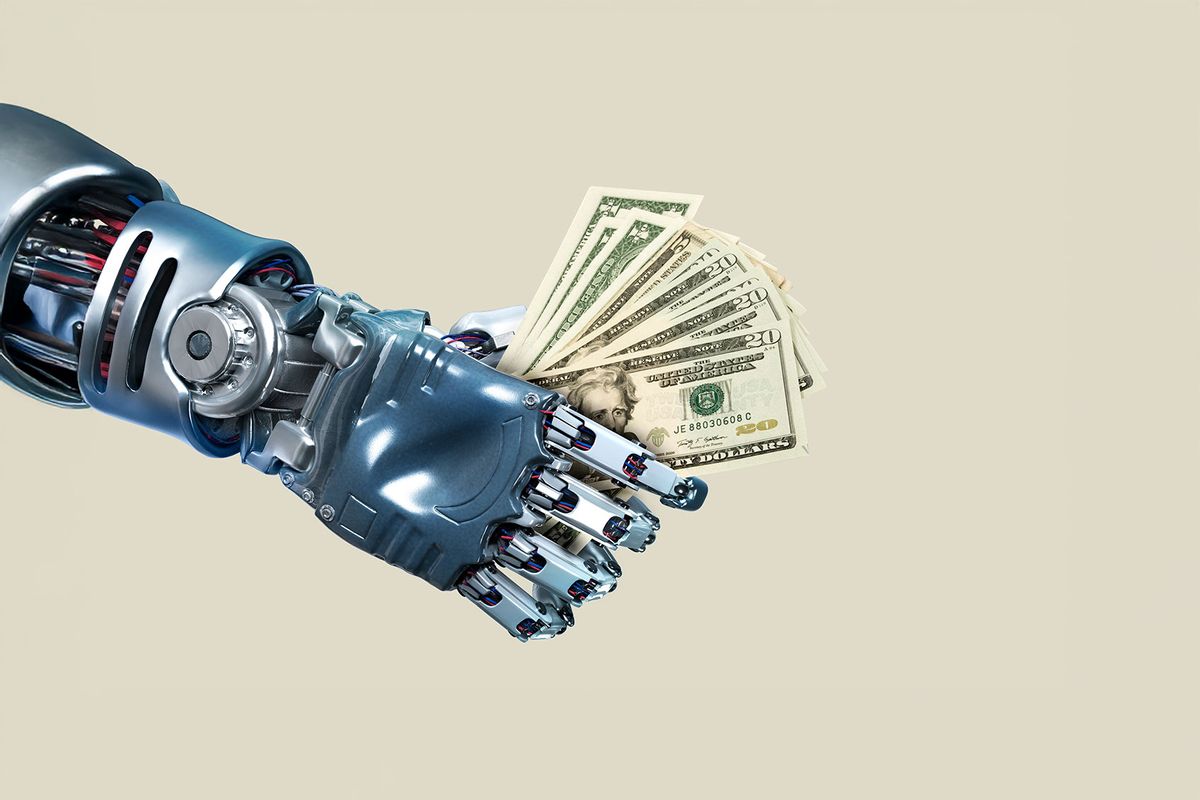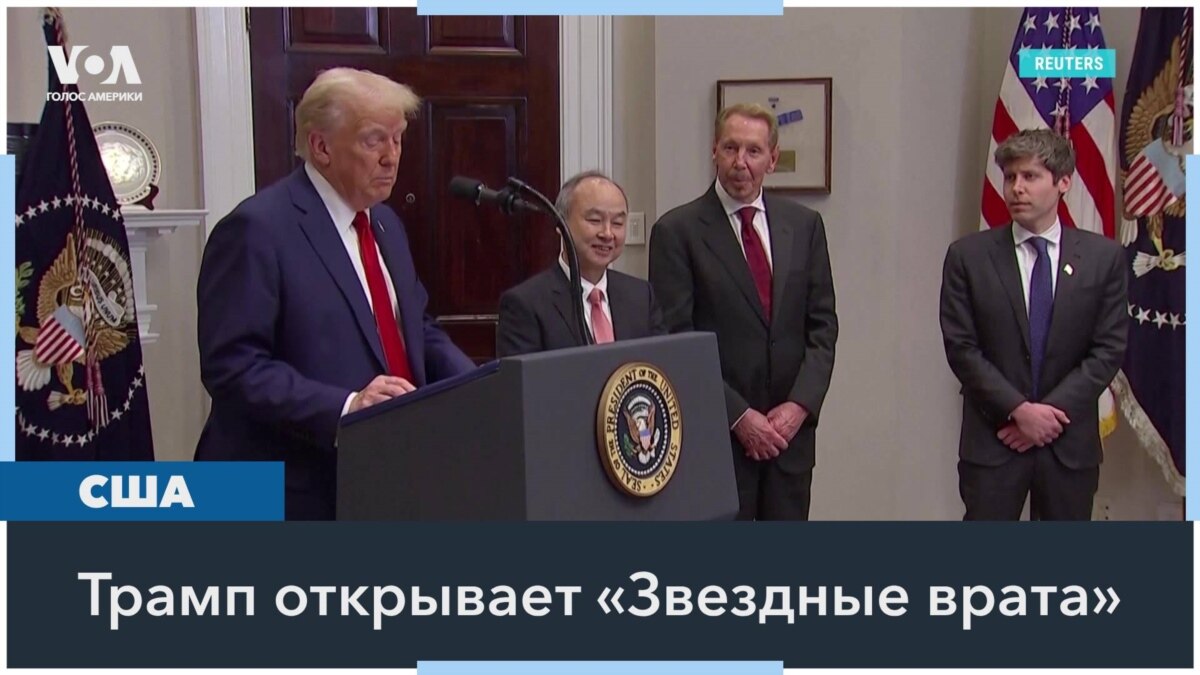Carlos Gershenson-Garcia | Source | Binghamton University, State University of New York

Carlos Gershenson-Garcia
Carlos Gershenson is a professor of systems science and industrial engineering at Binghamton University, State University of New York. He has a wide variety of academic interests, including artificial intelligence, complex systems, self-organization, artificial life, and philosophy of science, with applications to healthcare, transportation, governance, education and cybersecurity.
He obtained his BEng degree in computer engineering from the Fundación Arturo Rosenblueth, México (1996-2001). He then received his MSc degree in Evolutionary and Adaptive Systems from the University of Sussex (2001-2002). He holds a PhD summa cum laude from the Vrije Universiteit Brussel, Belgium (2002-2007). His thesis was on “Design and Control of Self-organizing Systems.”
He was a postdoctoral fellow at the New England Complex Systems Institute (2007-2008) before joining the Universidad Nacional Autónoma de México as a research professor (2008-2023). He was also a visiting professor at MIT, Northeastern University (2015-2016) and ITMO University (2015-2019), and a visiting scholar at the Santa Fe Institute (2022-2023).
Gershenson has more than 150 scientific publications in books, journals and conference proceedings, which have been cited more than 7000 times. He has given more than 300 presentations.
Gershenson is editor-in-chief of Complexity Digest and member of the board of advisors for Scientific American. He has received numerous awards, including a Google Research Award in Latin America and the Audi Urban Future Award. He is a member of the Mexican Academy of Sciences and the Mexican Academy of Informatics.
Gershenson joined the Department of Systems Science and Industrial Engineering at Binghamton University as a SUNY Empire Innovation Professor in 2023.
-
Leading cognitive scientist sounds the alarm on new AI use
It seems that almost every week, the world of artificial intelligence (AI) continues to evolve, changing in ways that can be hard to follow. Even tech experts have highlighted that the speed at which companies are working can be concerning.
Article -
AI could widen the wealth gap, experts say
Artificial intelligence could be the great equalizer or just another tool for the rich to get richer.
Article -
US to Invest $500 Billion in AI
President Trump has announced a major investment in artificial intelligence infrastructure led by Japan's SoftBank, Oracle and ChatGPT creator OpenAI
Article
-
AI's Impact on Economic Inequality: Insights from Carlos Gershenson-Garcia
Carlos notes that AI could reduce inequality, but current trends favor wealth concentration. He suggests taxing AI-benefiting companies to fund public services. "AI creates new jobs and requires human involvement," countering job displacement fears. Access to AI is broadening, yet specialist roles remain essential. AI's wealth should benefit all, but current dynamics favor a minority. -
AI Regulation Rollback: Innovation vs. Risk
Carlos warns that removing guardrails could "promote abusive practices" and hinder prosecution of illegal AI use. He doubts companies will self-regulate in a competitive market. International regulations may still impact US companies, and the rollback might benefit a few at the cost of increased risks.
-
Had DeepSeek been developed anywhere other than China, the narrative around it would be different, according to Carlos Gershenson-Garcia, an AI expert and professor in the School of Systems Science and Industrial Engineering at Binghamton University, State University of New York.
"I think that if DeepSeek had been developed in California (or Russia), the narrative would be very different. I think there are positive and negative aspects to it, but I tend to focus on the positive ones," said Gershenson-Garcia.
"OpenAI had already announced during the release of ChatGPT 4 that their next version would be striving to be a smaller model, rather than bigger trained with more data," he said. "On the one hand, because it is too expensive to train such huge models. On the other hand, because they already used all data available on the Internet and more."
Gershenson-Garcia said it's natural that competition would arise, both nationally and internationally.
"Of course, DeepSeek is not the final word -- there will still be more improvements coming soon. The fact that it is Chinese makes the “race” international, but it should be no surprise. China announced in 2017 a $150 billion plan to be AI leaders by 2030. This was during Trump’s first administration, and he announced that the USA would also invest in AI, but something in the order of millions."




